Environmental Labeling Methods: A Fast Changing Topic in Europe and in France

The whole truth and nothing but the truth: transparency for consumers is now becoming an increasingly prominent issue in the public debate and in the market. As a result, environmental labeling has become a fundamental asset in attracting customer confidence. However, between calculation methods and new regulations, it can be difficult to understand what is at stake, what is being done and above all what companies are called upon to do in order to make their products compliant with legislation. For the textile sector, the measures adopted in France for 2023 will change the industry for the better and forever. Let's have a look at this hot topic: what is this ecological transition on a national and European level that Fairly Made® is participating in?
First of all, what is environmental labeling?
Environmental labeling is a voluntary device that includes a visual representation appearing on the packaging or any other medium used for communication with the end customer. This visual representation shows the environmental impact of a product and can take the form of a score or a letter between A and E. In order for this visual to accurately indicate the environmental impact of a product, several factors and indicators must be taken into account, from greenhouse gas emissions to the consumption of water and other natural resources to the damage to biodiversity.
This set of elements considered in the analysis is valuable for companies, which become aware of their impact and can thus reduce it. It is also necessary for consumers, who need a simple and accessible benchmark to more easily choose goods that meet their environmental expectations. However, if environmental display remains a system applicable on a voluntary basis, why is it fundamental for the fashion industry to prepare itself as well as possible for this new era of textiles?
A European ambition: the PEF method
To have a global vision of the ongoing change, it is important to know that measures are currently being studied at the international level. Indeed, an environmental labeling method is being developed within the European Union: the Product Environmental Footprint (PEF). A project that already exists for other product categories, but which for textiles will be finalized in 2025.
The PEF aims to provide a common framework for European states to carry out Life Cycle Assessment (LCA) of products. This ensures that the measurement of environmental impact is carried out according to precise and scientifically reliable rules. In order to further define the specific rules for each product category for measuring the environmental footprint, the European Commission is developing the details of PEF Product Category Rules (also PEFCR or PCR).
In this international framework, the French government, which has been working on this issue for years, has taken numerous virtuous initiatives.
An extensive discussion in France
In France, the issue of environmental labeling was addressed for the first time in 2009 with the Grenelle I and II Laws, which defined the basis for sincere and precise communication regarding the impact of a product or service on the environment. Although crucial, this first measure was only the beginning of a long discussion on the transparency we owe to consumers and the ways to achieve it for several categories of products.
In 2020, this discussion led to Law No. 2020-105 of February 10, 2020 addressing the fight against waste and the circular economy (AGEC Law). Not only does this law officially establish a voluntary environmental labeling system, but it also mentions an experimentation, still on a voluntary basis, aiming at "evaluating different methods and modalities of environmental and social labeling". The discussion was finally beginning to pay off.
In France, an obligation for textiles
The milestone was reached in 2021 with the Climat et Résilience Law. Its article 2 replaces article 15 of the AGEC Law and plans a new experimentation. Wishing to maintain its pioneering role in this field, France has decided to explore in parallel other methods of calculating impacts and several labeling criteria for each product category, with different qualitative and quantitative factors. This law finally declares a much greater ambition: the experimentation of methods will be followed by an evaluation of the chosen method, then by a decree on environmental labeling. In addition, while the PEF was conceived as a system applicable, for the time being, on a voluntary basis, the method adopted by France at the end of this experimentation will be made mandatory.
For most product categories, the obligation will be final by August 2026 at the latest. For the apparel textile sector, France will make this system mandatory gradually from 2025. The urgency is real and the stakes are high: for the fashion industry, it is time to act as quickly as possible to meet the increasingly demanding criteria of the law and the market. It is precisely for this reason that Fairly Made®, with its mastery of the subject of traceability combined with its knowledge of legislation, is the perfect ally to prepare for such changes. Our method has already proven itself and become known at the national level. Thanks to our teams, we were able to make a concrete contribution to the discussion on environmental labeling during the Xtex call for proposals.

Alternative methods
As part of the experimentation provided for in Article 2 of the Climat et Résilience Law, ADEME opened a call for proposals, named Xtex, to study alternative methods for environmental labeling in the textile sector. The experimentation, led by the Ministry of Ecological Transition in collaboration with ADEME, ended on September 30, 2022. Among the entities that submitted an alternative labeling method, we find federations such as the Textile Industries Union (UIT) and the Haute Couture and Fashion Federation (FHCM), as well as brands such as LOOM and start-ups like Fairly Made®. These traceability experts, with their experience in the apparel textile industry, make their know-how available to the community to propose concrete solutions.
Fairly Made®'s contribution could prove to be very important for this experimentation: indeed, the alternative labeling method proposed by Fairly Made® (MAAPFM) is part of the 11 methods retained by the public authorities that will be subject to a detailed evaluation. For us and our team of specialists, this is a unique opportunity to bring all our expertise in textile life cycle analysis and to open the way to a new era of traceability.
For France, some updates in 2024
In March 2024, ADEME released the latest updates to the calculation method for environmental labeling. By November, the French Ministry of Ecological Transition officially launched a public consultation to finalize the legal framework. While environmental labeling remains voluntary for now, further details are expected to be unveiled in 2025.
French environmental labeling is a key tool to measure your impacts in order to improve it and demonstrate your commitment. It’s also worth noting that it’s closely tied to another French regulation: the Anti-Fast Fashion Law.
The good news? The calculation method is already integrated into our platform! Thankfully, textile companies have access to effective solutions to prepare: partnering with traceability experts to gain control over their products' life cycle, identifying key areas for impact improvement, and confidently communicating these efforts to their customers.

Fairly Made®, an indispensable ally
And who better than Fairly Made® to reach such a detailed level and communicate your best practices in such an accessible way? An easy-to-use SaaS platform, a careful follow-up by our textile engineers, a QR code or a widget to let your customers know what impact your products have. Once scanned, the QR code redirects the customer to a product sheet that shows the details of the analysis conducted by Fairly Made® on a given product. The calculation of the environmental impact is carried out by Fairly Made® specialists and is based on different criteria. Thanks to its expertise in the textile field and its knowledge of the fashion world, Fairly Made® has already won over about fifty brands to revolutionize the sector.
But at Fairly Made®, we don't just enforce the rules. For our clients, we have a more holistic and forward-thinking plan: we want to prepare them as well as possible for the changes to come, so as to anticipate demand and gain an edge over the competition. This is why it is important to start paying attention to environmental labeling now, before the inevitable government obligations arrive.
Earning customer trust is now possible and easier than you think, provided you have the right tools to do so. After all, our commitment comes down to one mission. One that we hope will disrupt this industry: to give you the means to make your values speak for themselves. An ambitious goal, but undeniably relevant, because at no time in human history has the world been so happy to listen to them.


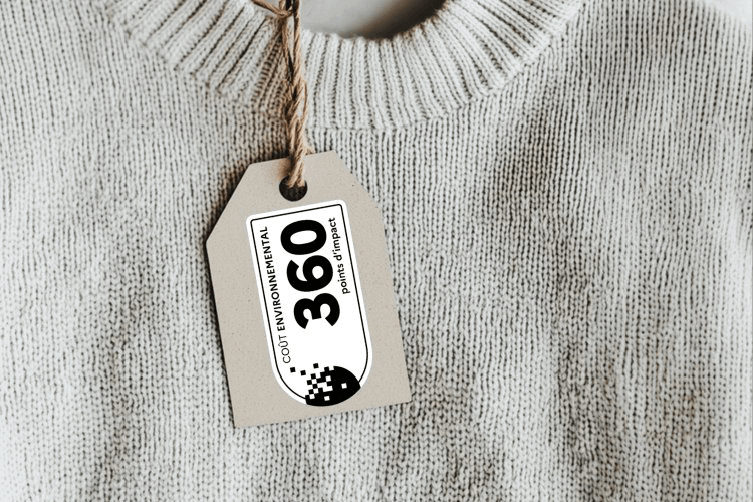

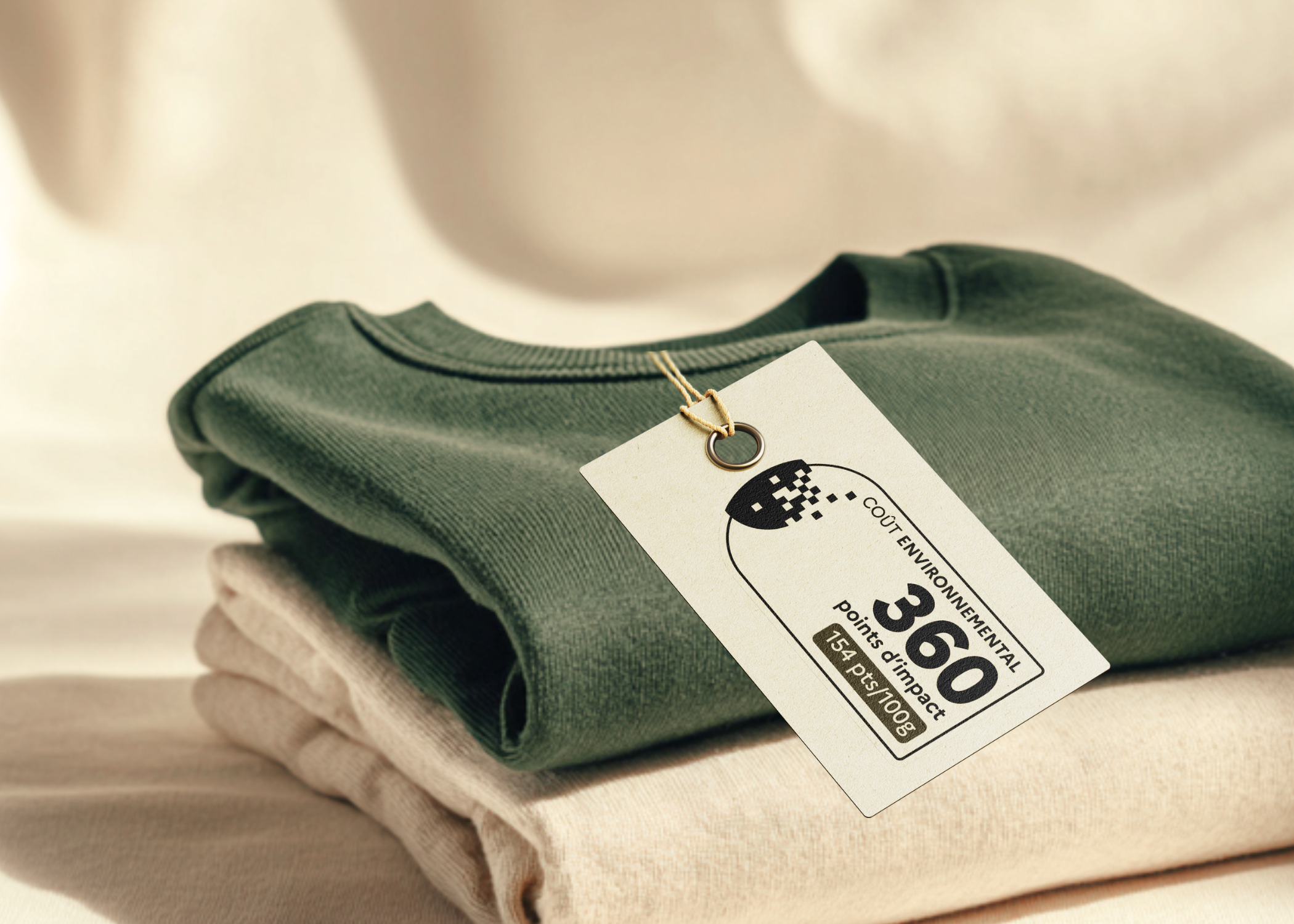
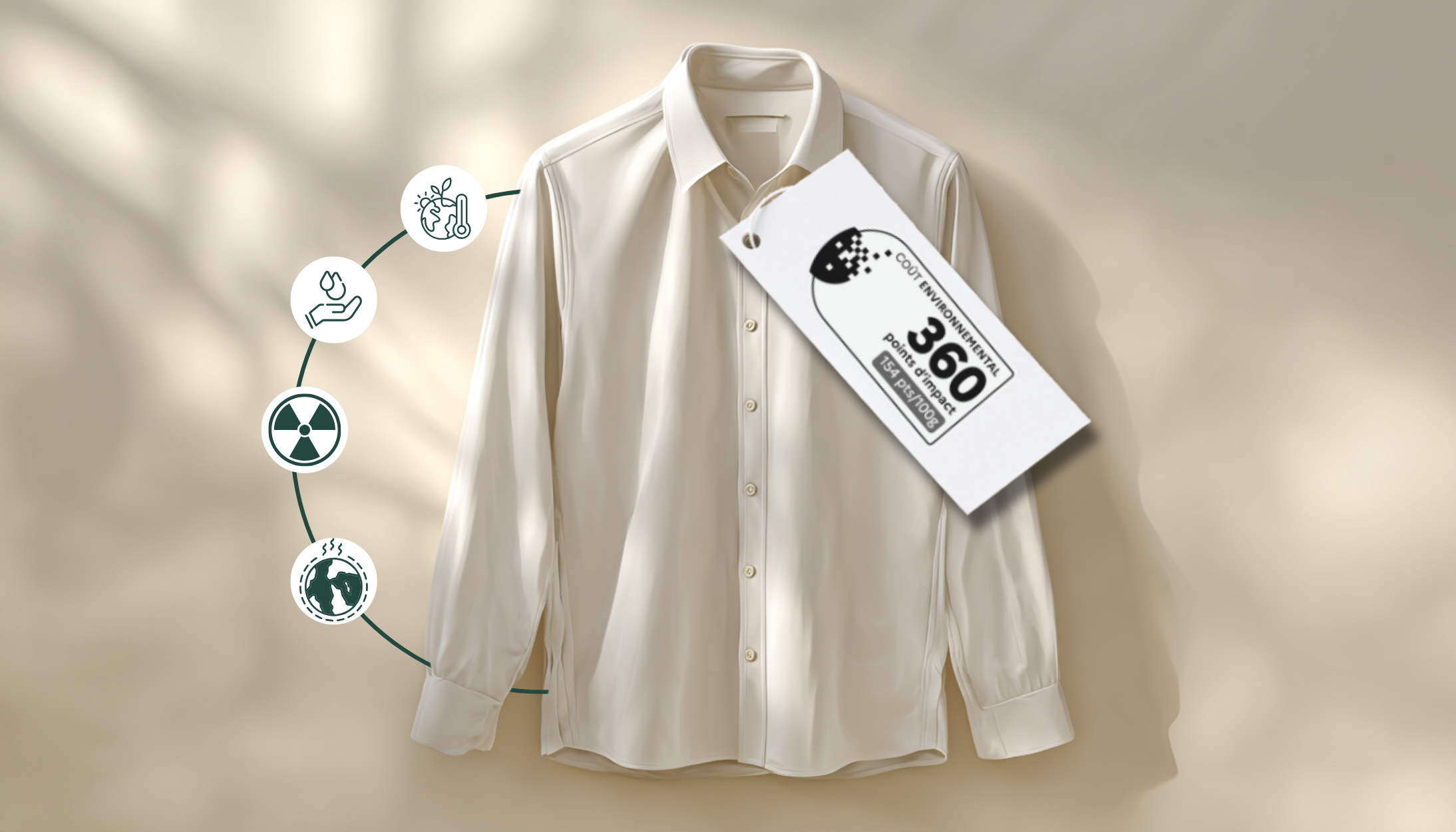


.png)










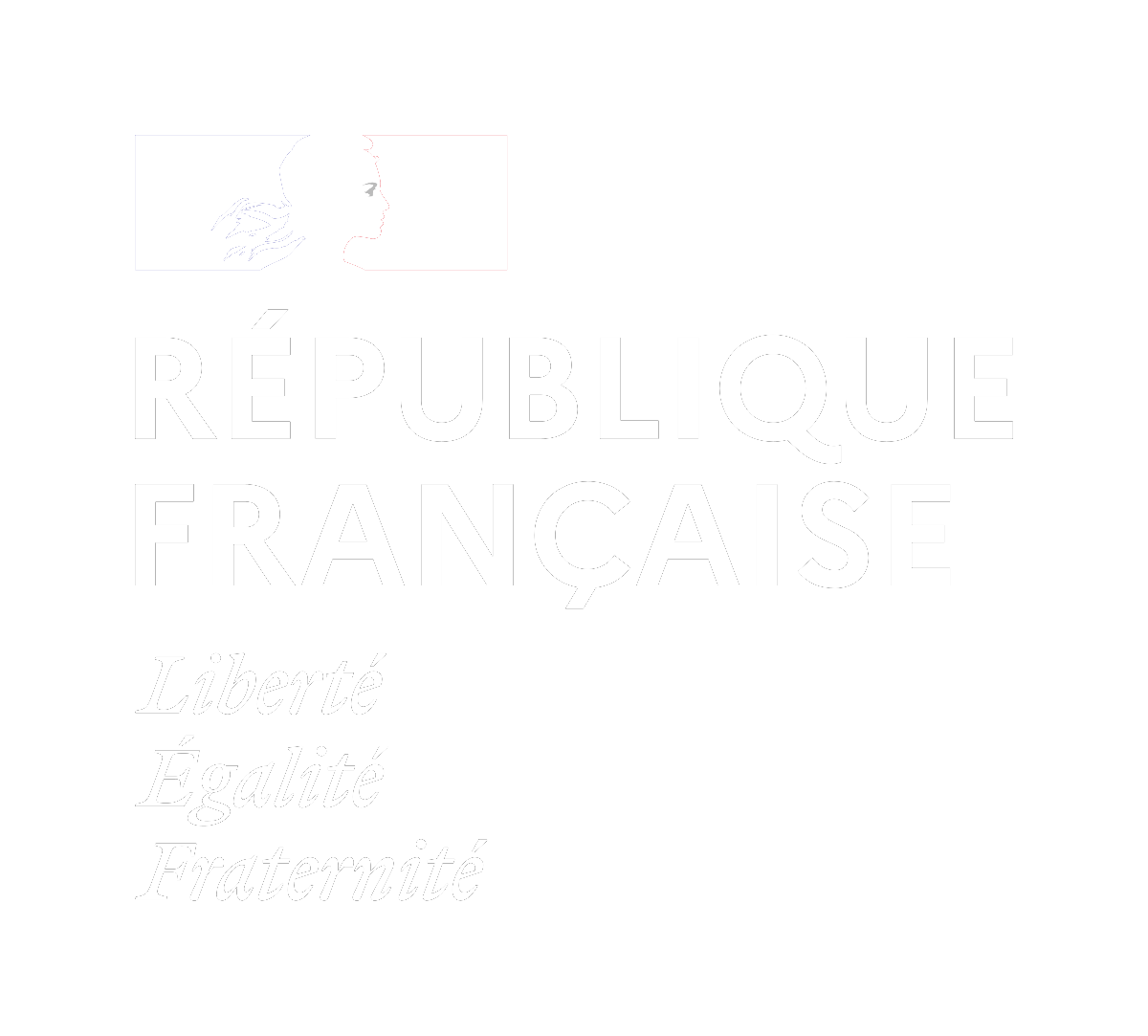
.png)
.svg)